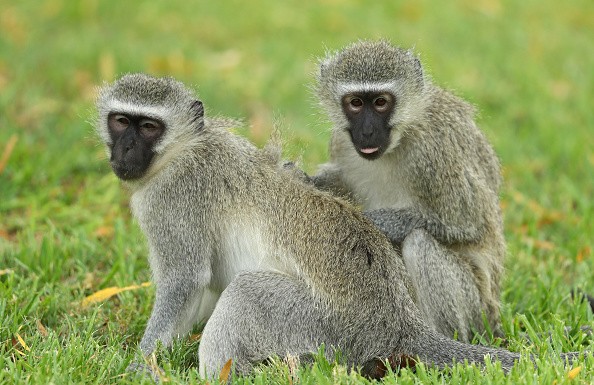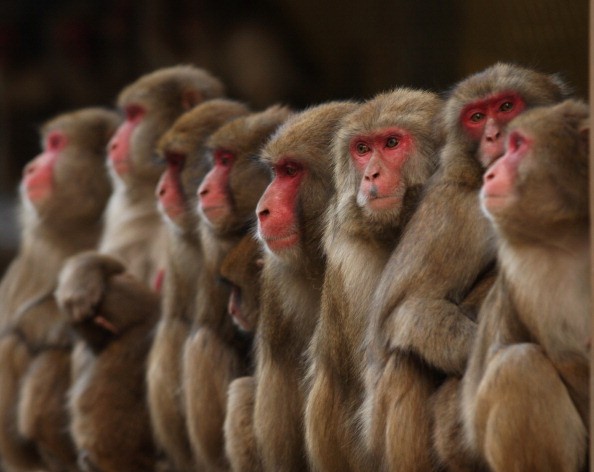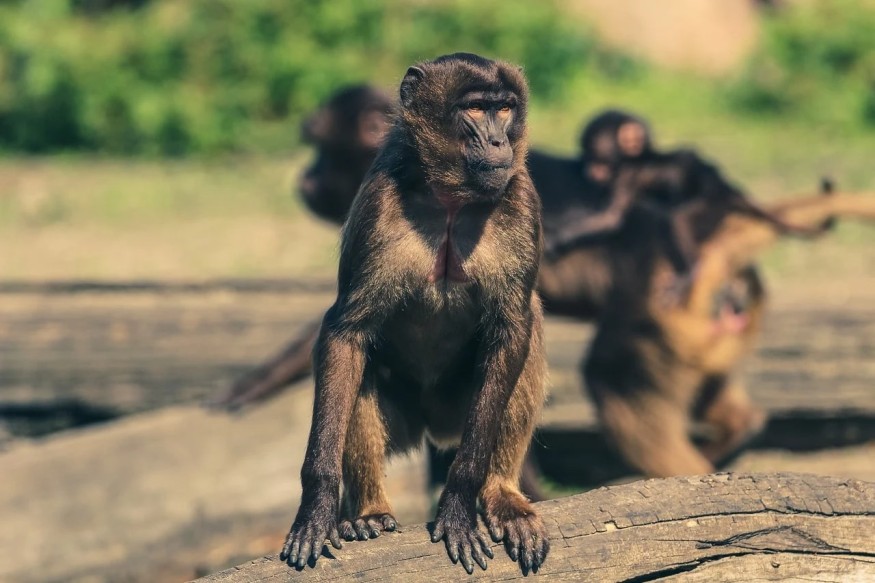Over the weekend, Chinese health officials announced the death of a veterinarian who contracted the Monkey B virus from one of the animals he worked with. The virus seldom infects humans and isn't highly infectious, although it is typically deadly if left untreated.

Monkey B Virus

Monkey B, also known as Macacine alphaherpesvirus 1, or McHV-1, is a kind of herpesvirus that has gone by several names (including simply B virus). The term refers to the broad group of old-world monkeys known as macaques, which serve as their natural host.
It is genetically related to the herpes simplex-1 and herpes simplex-2 viruses, often known as HSV-1 and HSV-2, two of the most prevalent types of herpes in people. Both HSV-1 and HSV-2 can cause genital herpes and cold sores, although HSV-1 is more likely to cause the latter while HSV-2 is more likely to cause the former.
Symptoms in Humans
Monkey B, like HSV-1, causes minor cold sores or no symptoms at all in macaques. However, on the few occasions when it does manage to sicken individuals, it may cause severe, frequent neurological disease.
According to the Centers for Disease Control and Prevention, there have been at least 50 human instances of Monkey B since its discovery in the 1930s, with 21 individuals dying as a result. The majority of these patients got it through intimate contact with the bodily fluids of critically infected macaque monkeys, as in the most recent example in China (many herpesviruses can lay dormant in the body after the acute infection).
The instance was reported this past Saturday by officials from China's version of the CDC. According to the article, the victim was a 53-year-old Beijing veterinarian who worked at a primate breeding research institution. He dissected two deceased monkeys in mid-March. He suffered nausea and vomiting and fever, and other neurological symptoms around a month later.
Related Article : Next Global Outbreak? Deforestation Helps Deadly Viruses Jump From Animals to Humans
First Reported Death

By mid-April, tests on his spinal fluid had revealed the presence of Monkey B, prompting the collection of further blood and saliva samples from the guy and two of his close associates (a male doctor and female nurse).
Despite the fact that his illness was verified, the other two persons tested negative. Sadly, the guy died of his illness on May 27 after more than a month of many hospital visits. It's the first incidence of Monkey B-related mortality ever reported in China, according to health officials.
Treatment
Despite the fact that antiviral treatment is now available, Monkey B appears to be extremely difficult to catch. Since 1932, just one recorded incidence of human-to-human transmission has been reported, and it was a particularly unusual occurrence.
According to a 1987 CDC report, the victim got it by putting the same skin lotion that had been used to calm her sick husband's skin sores to a place on her finger that had become bleedy after being scratched hard enough. The spouse and two other victims in the same cluster had contracted the virus while working in a research facility.
Possible Spread

That isn't to suggest that individuals in the United States are entirely safe. For example, a colony of rhesus monkeys living in Florida's Silver Springs State Park was discovered to be infected with the virus a few years ago.
Though just a tiny number of these monkeys may be actively spreading the virus at any one moment, it's an excellent example of why we shouldn't get too near to the wildlife around us, no matter how cute or friendly they appear.
Also Read : Scientists Double Effort to Find Possible Next Pandemic, Caused by Other Zoonotic Diseases
For more news update about anything wildlife related, don't forget to follow Nature World News!
© 2025 NatureWorldNews.com All rights reserved. Do not reproduce without permission.





